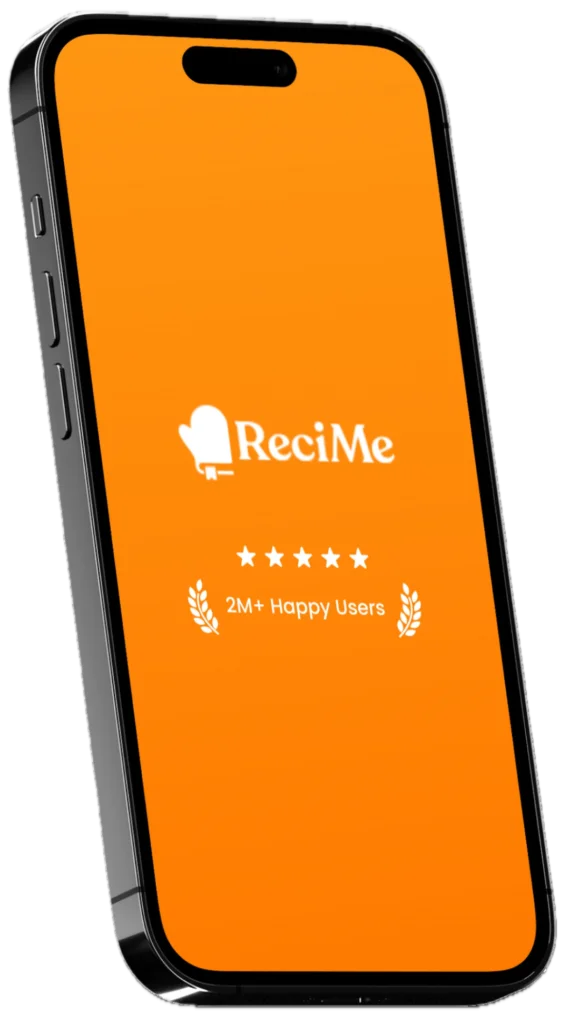Trying to eat healthier or hit a fitness goal? A good food calorie calculator app can seriously help. Whether you’re counting calories, managing macros, or just want to know what’s in your lunch, these apps make it super easy. We checked out the best ones so you don’t have to. Here’s a list of top food calorie calculator apps that are user-friendly, accurate, and actually helpful in real life.
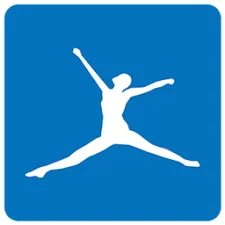
1. MyFitnessPal
MyFitnessPal is a food and activity tracking app designed to help people stay aware of what they eat throughout the day. It offers a searchable database of foods, allowing users to log meals, snacks, and drinks with estimated calorie counts and macronutrient breakdowns. The app can be used for general tracking or paired with specific fitness goals like weight loss, maintenance, or muscle gain.
Along with calorie tracking, MyFitnessPal lets users log exercise, connect with other apps and devices, and view progress over time. It’s structured to make food logging straightforward, even for beginners. Many people use it to build consistent tracking habits and to get a clearer picture of their daily nutrition and physical activity.
Key Highlights:
- Large searchable database of food items
- Ability to log both meals and exercise
- Syncs with fitness trackers and devices
- Daily nutrition summary with macros
Who it’s best for:
- People who want to track food and workouts in one place
- Anyone aiming to understand their daily calorie intake
- Users looking to build a consistent tracking habit

2. Lose It!
Lose It! focuses on calorie tracking and food logging to support personal health goals. Users can set targets, log meals manually or by scanning barcodes, and track progress day by day. The app uses a straightforward interface to simplify the tracking process and makes it easy to stay on top of daily intake.
It also provides insights into calorie and nutrient consumption, based on the foods logged throughout the day. Whether someone is just starting out with food tracking or wants to maintain a consistent routine, Lose It! offers enough flexibility to match different routines and dietary preferences.
Key Highlights:
- Barcode scanning for quick food entry
- Simple goal-setting based on user input
- Tracks calories, macronutrients, and weight changes
- Clean interface that’s easy to navigate
Who it’s best for:
- People who want a simple food logging experience
- Users who prefer goal-focused tracking
- Individuals managing portion control or calorie intake
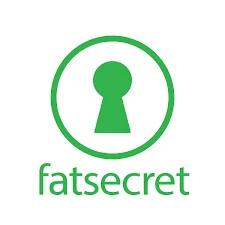
3. Calorie Counter by FatSecret
Calorie Counter by FatSecret is a free food diary app that helps users log what they eat and track calorie intake over time. It includes a food database, barcode scanner, and daily nutrition breakdowns. The app also allows users to add custom foods or meals and provides a calendar view for tracking progress.
It supports general health goals, including weight management and balanced eating. Users can also join the in-app community or keep their diary private, depending on their preferences. FatSecret offers essential tracking tools without requiring complex setup or paid plans to get started.
Key Highlights:
- Food diary with built-in calorie estimates
- Barcode scanner and custom food entries
- Daily and monthly tracking views
- Free access with optional account creation
Who it’s best for:
- Users who prefer a straightforward tracking app
- People looking for a free calorie counter
- Those interested in logging food without complex features
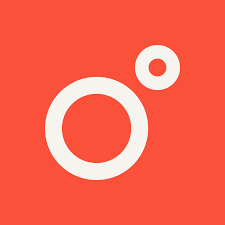
4. Noom
Noom combines food logging with habit-building tools to encourage healthier eating patterns over time. Users log meals while also receiving guidance through short daily lessons focused on nutrition, mindset, and behavior. The app aims to help people better understand their eating habits and how to adjust them gradually.
The food logging system includes estimated calories and nutrient information, while the program’s structure helps users stay consistent. It offers optional coaching and tracks progress through daily check-ins, making it useful for those who want a structured approach to long-term behavior change.
Key Highlights:
- Daily food logging with calorie and nutrient tracking
- Educational content focused on behavior and habits
- Option to receive support from a personal coach
- Progress tracking with regular check-ins
Who it’s best for:
- People looking to improve long-term eating habits
- Users interested in combining tracking with education
- Those who want structure and guidance
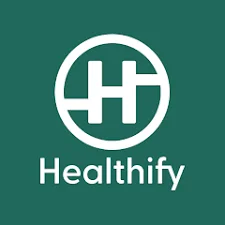
5. HealthifyMe
HealthifyMe offers calorie tracking alongside personalized diet and fitness planning tools, including a food diary with AI-based image recognition for logging meals, snacks, and drinks. The app estimates calories and nutrients, and users can log meals, snacks, and drinks manually or with image recognition.
It also includes optional access to fitness coaches and health plans, though the core tracking features can be used independently. HealthifyMe supports general wellness goals such as weight management, mindful eating, and consistent meal logging across a variety of diets.
Key Highlights:
- Food tracking with regional food database
- Nutrition summaries with calorie and macro info
- Optional access to coaching and health plans
- Includes water and activity tracking features
Who it’s best for:
- People looking for support with local or regional diets
- Users aiming to log meals and calories consistently
- Individuals working on overall wellness goals
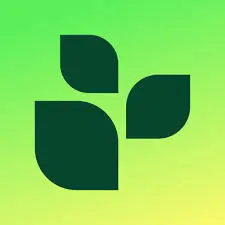
6. Lifesum
Lifesum is a nutrition and food tracking app that helps users log meals, track calories, and follow personalized diet plans. It supports various eating styles like low carb, high protein, Mediterranean, and more. The app includes a barcode scanner, portion suggestions, and nutritional insights based on the foods logged.
Users can set daily goals and monitor progress through visual summaries and graphs. Lifesum’s design focuses on ease of use, making food logging a quick task rather than a chore. It offers flexibility to adjust goals and meal types, depending on changing routines or preferences.
Key Highlights:
- Supports multiple diet types and meal plans
- Barcode scanner for fast food logging
- Nutritional breakdown of meals and snacks
- Visual summaries of daily and weekly intake
Who it’s best for:
- People who follow specific diets or want guided plans
- Users looking to track both food and nutritional balance
- Anyone who prefers a visually structured logging tool
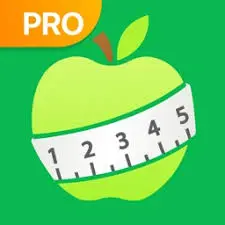
7. MyNetDiary
MyNetDiary is a calorie counting app that helps users keep track of meals, snacks, and daily nutrition. It includes a searchable food database, barcode scanning, and options to log custom meals or recipes. The app is structured to support both beginners and more advanced users.
Along with calorie tracking, MyNetDiary includes features like water intake, exercise logging, and nutrient summaries. Users can review trends over time and adjust goals as needed. The app is designed to support a consistent tracking habit without requiring complicated setup.
Key Highlights:
- Detailed food database with barcode scanner
- Tracks calories, macros, and nutrients
- Customizable tracking goals
- Integration with fitness apps and devices
Who it’s best for:
- Users who want detailed yet simple food tracking
- People interested in reviewing nutrition trends
- Anyone managing health goals through logging
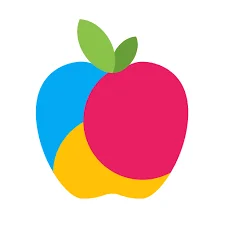
8. YAZIO
YAZIO is a food tracking app focused on helping users monitor calories, macros, and progress over time. It supports different goals like weight loss, muscle gain, or general health maintenance. Users can log meals manually, scan barcodes, or choose from a list of pre-loaded foods.
The app also includes features for fasting schedules, meal planning, and body measurements. It organizes nutrition data in clear summaries, making it easy to check daily and weekly trends. YAZIO provides flexibility for users to set their own goals and tracking preferences.
Key Highlights:
- Calorie and macronutrient tracking
- Intermittent fasting timer and tools
- Pre-loaded meal and recipe suggestions
- Graphs to monitor long-term progress
Who it’s best for:
- People combining calorie tracking with fasting
- Users who want visual overviews of their nutrition
- Individuals who prefer structured goal-setting
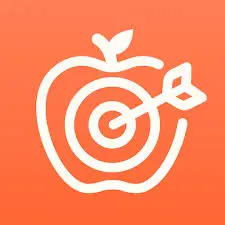
9. Cronometer
Cronometer offers detailed nutrition tracking, covering both macros and micronutrients. It’s designed for users who want accurate data about their food intake, including vitamins, minerals, and calories. The app supports meal logging through manual entry, barcode scans, or custom foods.
Cronometer is often used by people with specific dietary needs or health goals that require detailed monitoring. It also includes fitness tracking, body measurement logs, and integration with health devices. The app is built to provide a complete picture of nutrition and health metrics in one place.
Key Highlights:
- Tracks over 80 nutrients including vitamins and minerals
- Supports barcode scanning and custom entries
- Graphs for tracking weight, body stats, and trends
- Syncs with various health and fitness devices
Who it’s best for:
- People who need precise nutrient tracking
- Users with specific health or dietary goals
- Individuals who want detailed reports on their food intake
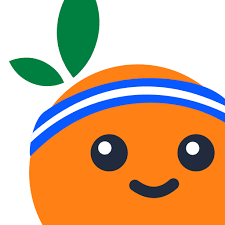
10. Fooducate
Fooducate is a food tracking app that focuses on both calorie counting and food quality. It allows users to scan barcodes or search for food items, giving each product a letter grade based on its nutritional value. In addition to calories, the app highlights ingredients like added sugars, trans fats, and artificial additives.
Users can log meals, track weight, and view summaries of their eating habits. Fooducate also offers tips and explanations to help users understand why a particular food received its rating. The app supports basic calorie tracking while encouraging more informed food choices.
Key Highlights:
- Grades food based on nutrition quality
- Barcode scanner and searchable food database
- Meal and weight tracking features
- Educational tips included with food entries
Who it’s best for:
- Users interested in understanding food quality
- People who want to avoid processed ingredients
- Anyone combining calorie tracking with nutrition education
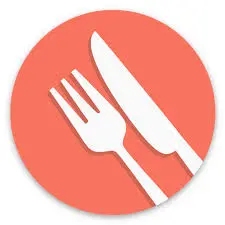
11. MyPlate
MyPlate is a calorie tracking app that lets users log meals, snacks, and physical activity to support overall health goals. It includes a food database with calorie counts, macro breakdowns, and serving sizes, as well as a barcode scanner for easy entry.
The app provides a visual summary of daily intake and allows users to set personal goals. It also tracks water consumption, exercise, and body measurements over time. MyPlate is designed to keep nutrition logging simple and clear, with tools to help stay consistent.
Key Highlights:
- Calorie and macronutrient tracking
- Barcode scanner for food logging
- Tracks water, weight, and workouts
- Simple dashboard for daily nutrition overview
Who it’s best for:
- People looking for a well-rounded food tracker
- Users who prefer visual summaries of progress
- Anyone tracking both food and physical activity

12. 8fit
8fit combines workout routines with meal planning and food tracking. The app is designed to help users follow structured fitness programs while also staying on top of their nutrition. It includes customized workout plans and healthy recipes, with nutrition information provided for each meal.
While the calorie tracking isn’t as detailed as in some dedicated food loggers, 8fit allows users to keep an overview of their eating habits and supports general wellness goals. It’s intended for people who want to pair simple nutrition guidance with fitness routines in one place.
Key Highlights:
- Includes fitness plans and home workouts
- Offers meal plans with nutrition info
- Tracks basic food intake and progress
- Integrates exercise and food tracking together
Who it’s best for:
- People looking for fitness and nutrition in one app
- Users following a structured wellness routine
- Anyone who prefers guided workouts with meal support

13. Diet Coach – Weight Loss Plan
Diet Coach – Weight Loss Plan is a food tracking and habit-building app designed to support weight loss through small, consistent changes. It includes meal logging, calorie tracking, and features like goal reminders, motivational messages, and behavior tracking.
The app emphasizes visual progress and staying on track with daily goals. Users can set reminders to avoid common challenges, track water intake, and review their weight trends over time. Diet Coach – Weight Loss Plan aims to combine food logging with mindset support and lifestyle awareness.
Key Highlights:
- Tracks meals, calories, and weight
- Offers motivational prompts and reminders
- Visual goal tracking and progress logs
- Includes habit and behavior tracking tools
Who it’s best for:
- People focused on weight loss and healthy routines
- Users who benefit from reminders and daily motivation
- Anyone looking to build consistent tracking habits
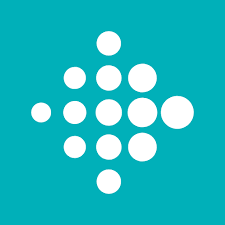
14. Fitbit
The Fitbit app supports calorie tracking as part of its larger health and fitness ecosystem. Users can log food and drinks manually or search a food database to track calories and macronutrients. The app also syncs with Fitbit devices to monitor activity, sleep, and other health stats.
Calorie tracking is integrated into daily summaries that combine food intake with calories burned, helping users stay aware of their energy balance. Fitbit supports long-term health goals by providing data across various categories, all in one place.
Key Highlights:
- Food logging with calorie and macro estimates
- Syncs with Fitbit devices for fitness tracking
- Combines food, exercise, and sleep data
- Daily and weekly progress summaries
Who it’s best for:
- Fitbit device users tracking overall wellness
- People who want an all-in-one health dashboard
- Users managing calorie intake and activity levels
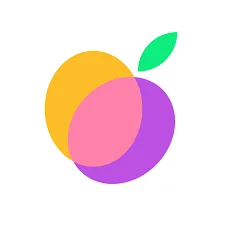
15. HitMeal
HitMeal is a calorie counting app that helps users track their food intake, water consumption, and weight progress. It features a searchable food database with nutritional information and allows users to log meals manually or by scanning barcodes.
In addition to tracking calories and macros, HitMeal offers daily summaries and progress charts to help users stay aware of their habits. The app is designed to support general health goals like weight loss, maintenance, or simply understanding eating patterns better.
Key Highlights:
- Searchable food database with barcode scanner
- Tracks calories, macros, water, and weight
- Visual progress summaries and daily logs
- Simple and beginner-friendly interface
Who it’s best for:
- Users looking for a straightforward calorie tracker
- People new to food logging apps
- Anyone monitoring food and hydration together

16. MacroFactor
MacroFactor is a food tracking app focused on flexible, data-driven nutrition. It allows users to log food intake with detailed calorie and macronutrient breakdowns while offering adaptive coaching features based on user progress. The app uses a dynamic algorithm to adjust calorie goals over time based on real-world results.
While it includes a large food database and barcode scanning, MacroFactor’s main focus is providing feedback that evolves with your habits. It supports both casual users and those following structured nutrition plans like macro tracking or reverse dieting.
Key Highlights:
- Adaptive calorie and macro goals based on progress
- Tracks detailed nutrition, including custom foods
- Large food database with barcode scanner
- Progress dashboard with trend analysis
Who it’s best for:
- Users who track macros or follow structured nutrition plans
- People who want a responsive, data-driven app
- Anyone looking for detailed feedback and insights
Conclusion
Finding the right food calorie calculator app really comes down to what works best for your lifestyle. Some people want quick logging and a big food database, while others are more focused on meal planning, macro tracking, or even visual food journaling. The good news? There’s no shortage of options. Whether you’re trying to lose weight, build muscle, manage your meals better, or just get a clearer picture of what you eat, there’s an app out there that can help.
The apps we covered offer a mix of features – from detailed nutrition breakdowns to simple photo-based logs. It’s okay to try a few before settling on the one that feels like the best fit. The key is finding something that’s easy to stick with and makes your food tracking feel like less of a chore. At the end of the day, the best app is the one you’ll actually use. So pick one, give it a go, and start getting a little more clarity around what’s on your plate.
